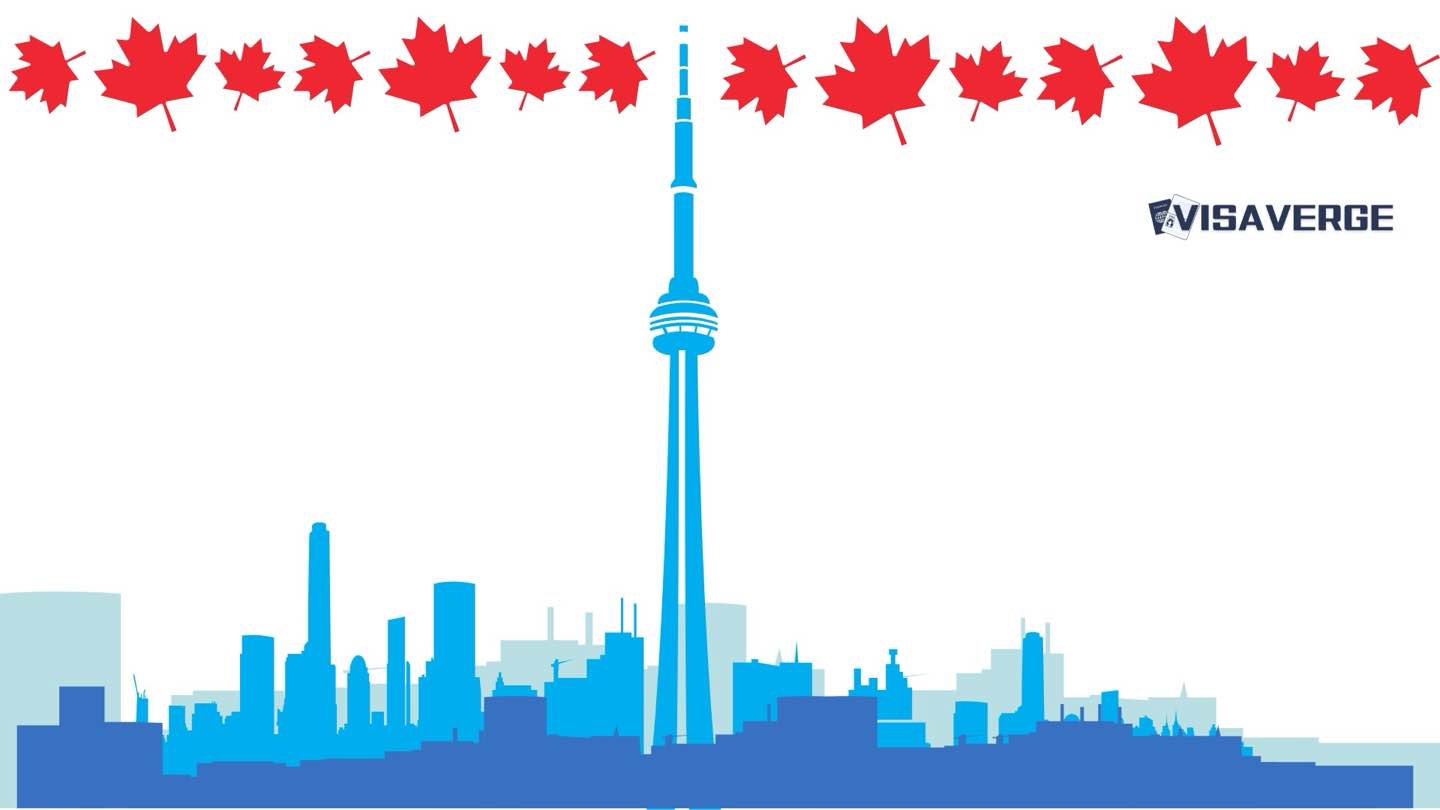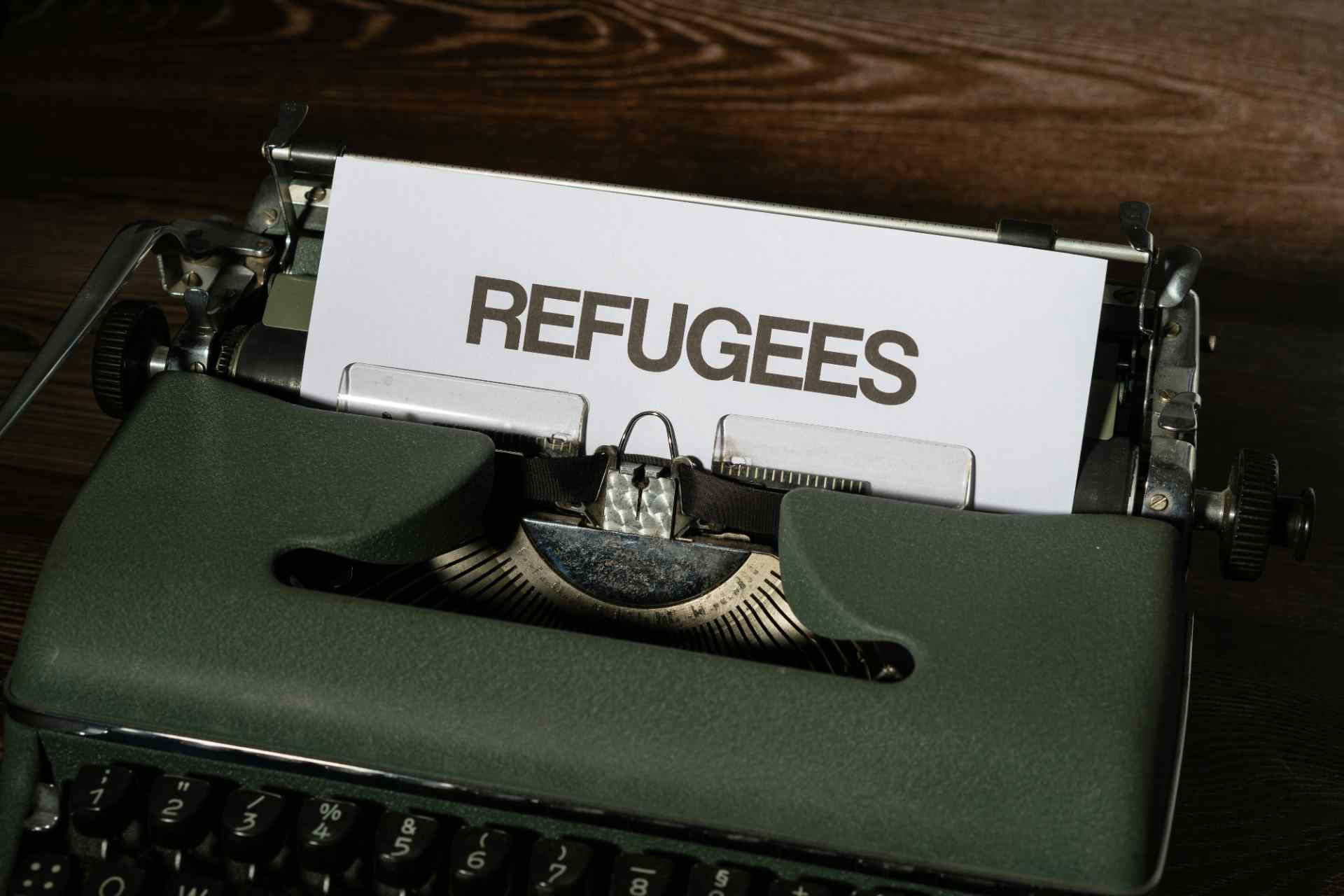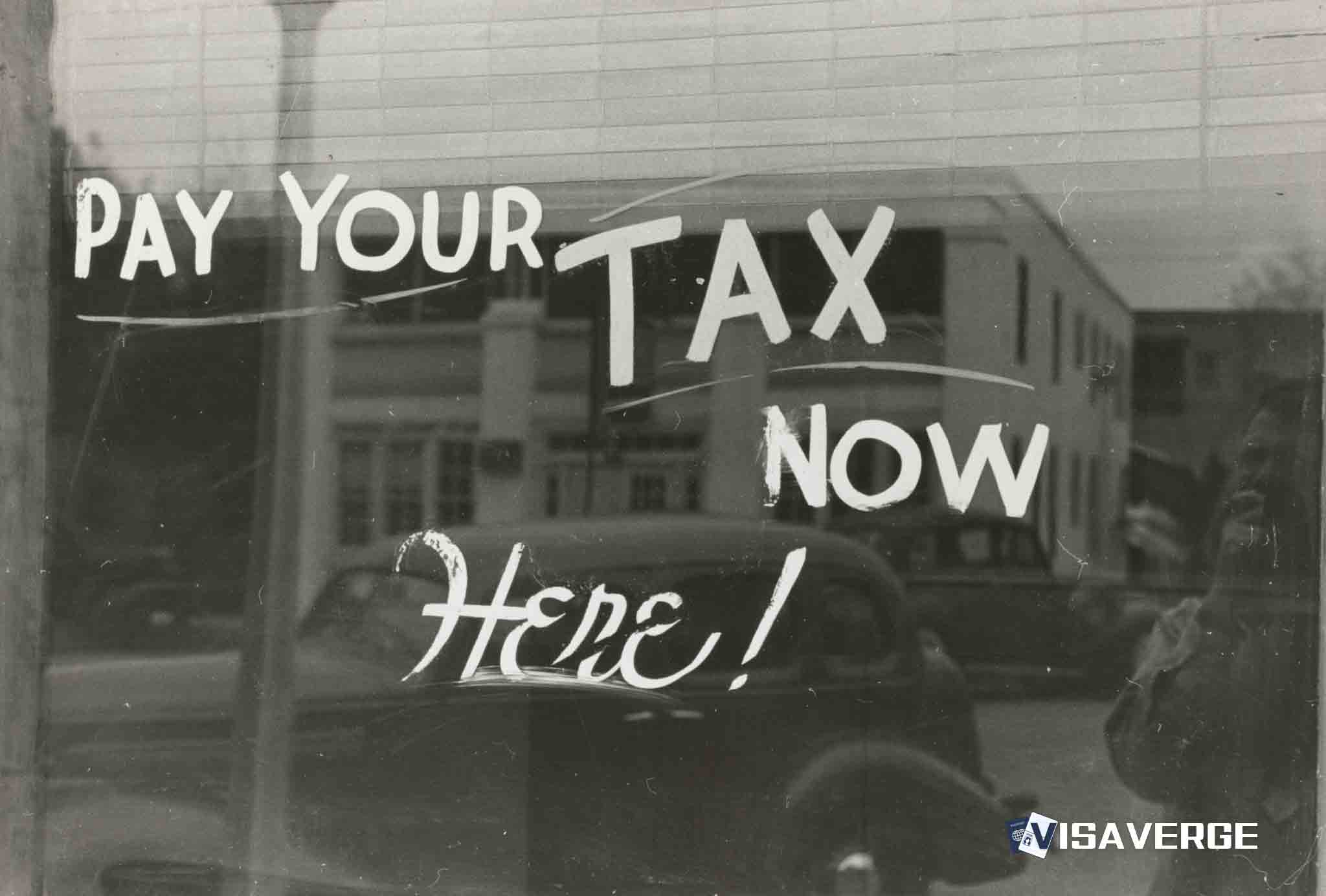A New Chapter for Second Generation Canadians Born Abroad
In a decisive move, the Canadian government has determined not to appeal an Ontario Superior Court ruling, profoundly affecting the Canadian Citizenship Act and, more specifically, second generation citizenship in Canada. This ruling paves the way for significant changes to citizenship law that could impact numerous families and individuals around the globe.

The Existing Canadian Citizenship Act Controversy
For years, the term “second-generation cut-off” has lurked in the shadows of Canadian citizenship law, holding implications for families spread across international borders. Under this provision, children born abroad to Canadian parents who were also born outside of Canada did not automatically receive Canadian citizenship. This limitation was challenged in court, and an Ontario Superior Court judge deemed it a violation of Charter rights in December 2023.
Immigration Minister Marc Miller stated,
“The current version of this law has unacceptably negative effects on Canadians whose children were born abroad. We will not appeal the decision because of this. People who may be impacted by this situation will no doubt have questions about what this means for them and their families. That is why we will continue to assess the impacts of the decision on existing legislation and will provide more information and confirm next steps as quickly as possible.”
The Turning Point in Second Generation Citizenship in Canada
Attorney Sujit Choudhry represented families affected by this restrictive law and shared that federal government authorities disclosed to him the decision not to appeal last week. His clients, who launched a constitutional lawsuit in December 2021, now see a light at the end of a long tunnel. Choudhry expressed relief, acknowledging the lengthy struggle faced by these families, who he describes had experienced a form of second-level citizenship.
The Impact of the Court’s Decision
Justice Jasmine Akbarali, who rendered the decision back in December, noted the inequity embedded in the law, stating,
“Canadians who were born outside of the country had a lesser class of citizenship because, unlike Canadian-born citizens, they are unable to pass on Canadian citizenship by descent to their children born abroad.”
This legal shift is particularly monumental for the estimated 200,000 “lost Canadians,” who, due to various legal nuances and interpretations of the citizenship law, found themselves unrecognized as citizens.
Background of the Second Generation Cut-Off
The second-generation cut-off was part of a measure put in place in 2009 under the government of Prime Minister Stephen Harper. The policy was largely a response to the escalating costs and complexities associated with repatriating Canadian citizens who reside abroad. This included the $85 million operation to evacuate 15,000 Canadian-Lebanese during the 2006 conflict between Israel and Hezbollah, which garnered significant attention and sparked debate on citizenship policy.
Looking Forward for Affected Families
Many Canadian expatriates and their children now face a changed landscape. This ruling sets in motion a series of steps that the government must now take to align existing laws with the court’s findings.
The Minister of Immigration emphasized his commitment to this cause, stating,
“Canadian citizenship is highly valued around the world and, as Minister of Immigration, Refugees and Citizenship, I’m committed to making the citizenship process as fair and transparent as possible.”
Final Thoughts
For families affected by the “second-generation cut-off,” this development presents an opportunity for clarity and inclusion within the framework of Canadian citizenship. As more information becomes available on how the Canadian government plans to adjust the current legislation, those impacted eagerly await further clarification and the final resolution of this long-standing issue.
For the latest updates and detailed information on Canadian Citizenship, readers are encouraged to visit the official website of Immigration, Refugees and Citizenship Canada (IRCC) for current policies and procedures. This victory for second-generation Canadians represents a significant step towards equity and fairness in the citizenship process.
Learn Today:
Glossary or Definitions
1. Canadian Citizenship Act: The Canadian Citizenship Act is a federal law that governs the acquisition, retention, and revocation of Canadian citizenship. It establishes the criteria and procedures for individuals to become Canadian citizens.
2. Second Generation Citizenship: Second generation citizenship refers to individuals who are born to Canadian parents who were themselves born outside of Canada. The term specifically addresses the issue of these individuals not automatically being granted Canadian citizenship under certain circumstances.
3. Second-Generation Cut-Off: The second-generation cut-off refers to a provision in the Canadian Citizenship Act that limits the automatic acquisition of Canadian citizenship for children born abroad to Canadian parents who were also born outside of Canada. It is often seen as a limitation on second-generation citizenship rights.
4. Charter Rights: Charter rights refer to the rights and freedoms protected by the Canadian Charter of Rights and Freedoms. The Charter is part of the Canadian Constitution and guarantees fundamental rights and freedoms for all individuals in Canada.
5. Ontario Superior Court: The Ontario Superior Court is a trial court in the province of Ontario, Canada. It has jurisdiction over a wide range of civil and criminal matters, including constitutional cases and judicial reviews of administrative decisions.
6. Constitutional Lawsuit: A constitutional lawsuit is a legal action that challenges the constitutionality of a law or government action. In this context, families affected by the second-generation cut-off filed a constitutional lawsuit to contest the provision as a violation of their Charter rights.
7. Lost Canadians: The term “lost Canadians” refers to individuals who were born or acquired citizenship in Canada but were not recognized as Canadian citizens due to various legal nuances and interpretations of the citizenship law. These individuals faced difficulties in accessing the rights and benefits associated with Canadian citizenship.
8. Repatriating: Repatriating refers to the act of bringing someone back to their home country. In the context of the second-generation cut-off, the policy was implemented partly in response to the costs and complexities associated with repatriating Canadian citizens who resided abroad.
9. Minister of Immigration, Refugees and Citizenship: The Minister of Immigration, Refugees and Citizenship is a federal government official responsible for overseeing the immigration and citizenship policies and programs of Canada. The minister plays a key role in the development and implementation of immigration and citizenship legislation.
10. Equity and Fairness: Equity and fairness refer to the principles of justice and equality in the context of citizenship. Ensuring equity and fairness means treating individuals and families equally and providing equal access to Canadian citizenship and its associated rights and benefits.
And there you have it! The Ontario Superior Court ruling has sparked a new chapter in Canadian citizenship, providing hope for families affected by the controversial “second-generation cut-off.” While the government works to align existing laws, eager individuals can stay informed with visaverge.com, your go-to resource for the latest updates on Canadian citizenship and immigration. It’s time to celebrate a victory for second-generation Canadians and a more inclusive future!
This Article in a Nutshell:
The Canadian government won’t appeal a court ruling that will bring changes to second-generation citizenship. Previously, children born abroad to Canadian parents who were also born outside of Canada didn’t automatically receive Canadian citizenship. This decision could impact many families worldwide. Stay tuned for updates.








